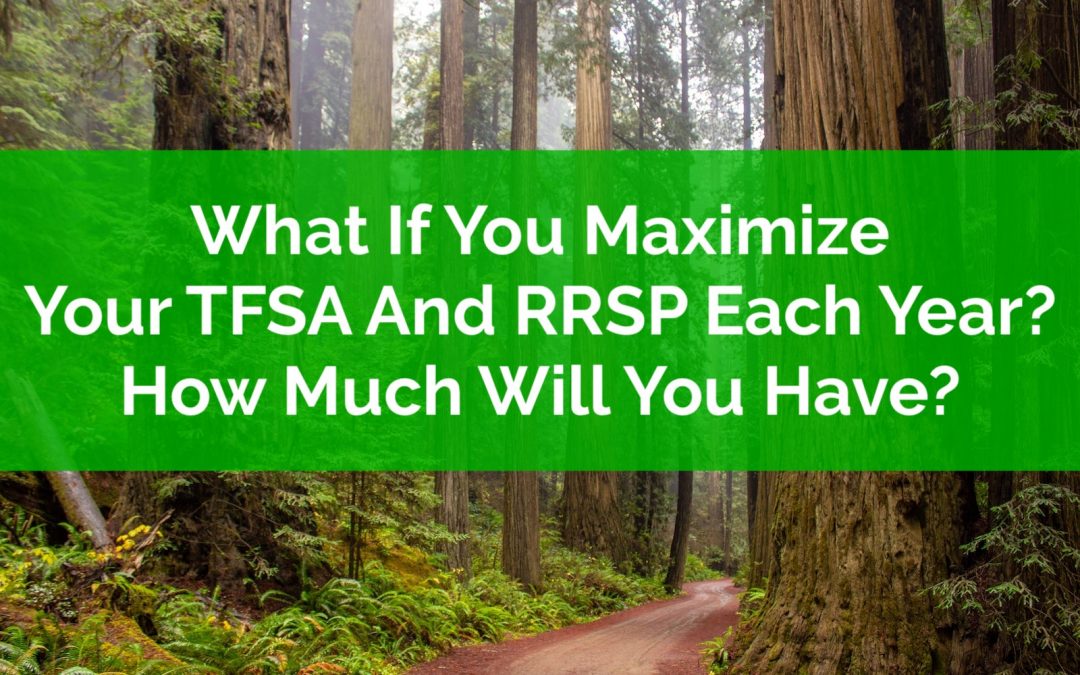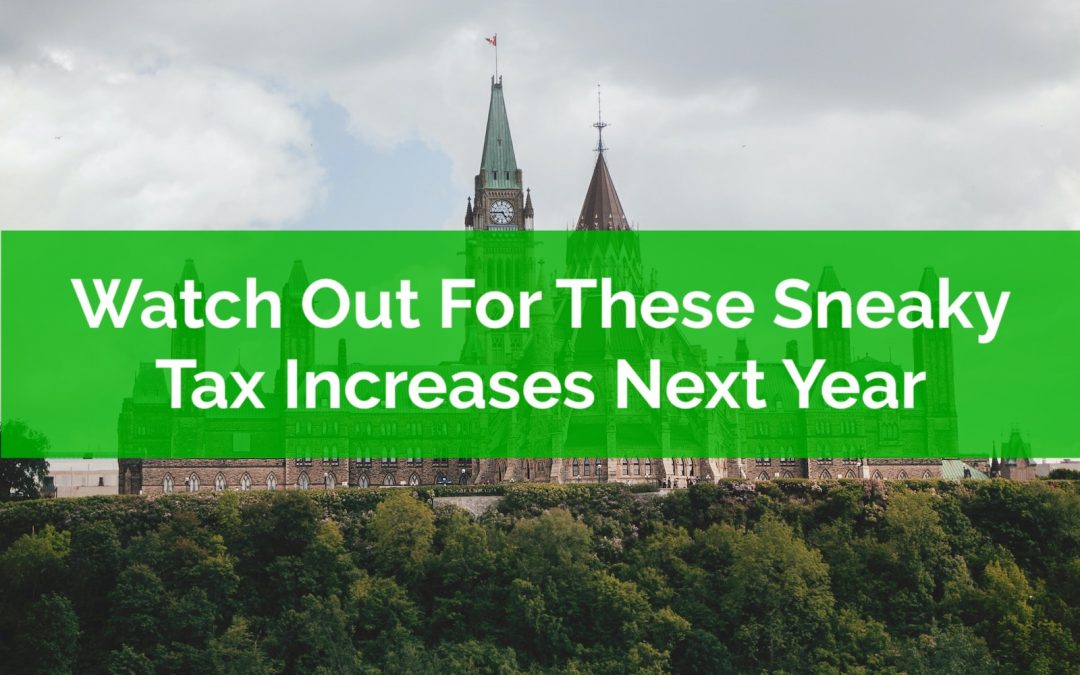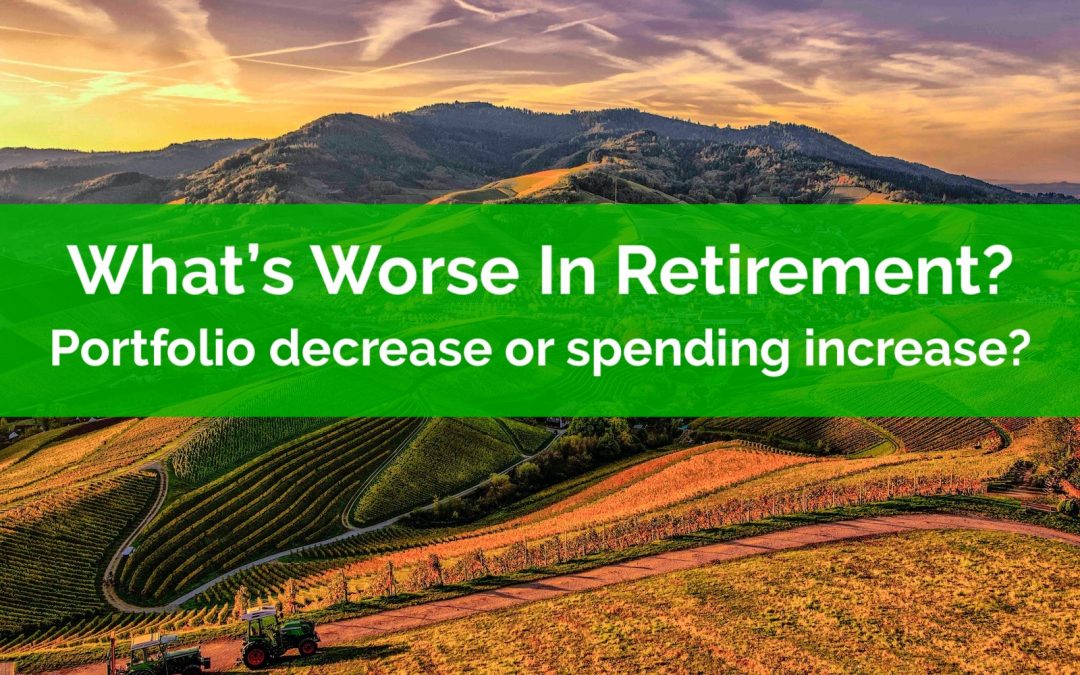
by Owen | Dec 19, 2022 | Budgeting, Financial Goals, Financial Planning, Investment Planning, Retirement Planning, Saving Money, Tax Planning
What if you maximize your TFSA and RRSP each year, how much money would you have in the future? If you just had one singular focus, how much could you accumulate? And would it be enough for retirement?
The TFSA and RRSP are two amazing tax advantaged accounts. They allow investments to grow tax free or tax deferred. They can be used to save and invest for retirement. Over time these contributions grow considerably with dividend income, interest income, and capital gains.
For the RRSP, new contribution room is based on 18% of the previous year’s employment income.
For the TFSA, new contribution is a set amount that grows with inflation in $500 increments.
Depending on your income level, maximizing both your RRSP and TFSA could mean a savings rate of 20%, or 25%, or 30% or even 35%+ at lower income levels.
That’s a high savings rate!
So, we can already anticipate that by maximizing the RRSP and TFSA every year we will probably end up with a sizable amount of financial assets, but how much exactly?
Is it $1 million?
Is it $2 million?
Is it $3 million or more?
In this blog post we’re going to have a little fun; we’re going to take a look at how much money you could accumulate if you just maximized new RRSP and TFSA contribution room each year.

by Owen | Dec 12, 2022 | Budgeting, Financial Planning, Government Programs, Retirement Planning, Tax Planning
Most governments try to avoid raising tax rates. It’s an unpopular move. It creates headlines. It causes a sharp drop in popularity. So how do governments earn more tax revenue? They increase taxes in a sneaky way. Some provincial governments have done this in the past and a few are still doing it now.
You may not have seen these tax increases reported in the media, but next year you may notice your tax bill increase, especially if you live in certain provinces.
If you find yourself with a little less cash flow next year, this might be why.
Not all provinces do this. But some provinces are sneakily increase tax next year. Some have been doing this same thing for years.
Are you in a province that is increasing taxes? Find the details at the end of the post.

by Owen | Nov 21, 2022 | Behavioral Finance, Budgeting, Financial Planning, Investment Planning, Retirement Planning
A large decrease in portfolio value is a common concern when entering retirement. After all, seeing a large chunk of your retirement portfolio evaporate over just a few months can be quite disconcerting.
But… a large spending increase should be much more concerning in retirement.
If you had to guess, between a 20% drop in portfolio value and a 20% increase in spending, what is worse for a retirement plan?
It feels like a large stock market correction of 20%+ is the worst thing that can happen in retirement. After all, for an average retirement portfolio, a 10-20% drop could equate to a portfolio decline of $50,000 to $200,000+. That’s a large amount of money!
But a permanent increase in retirement spending should be much, much more concerning.
An increase in retirement spending of 10-20% is significantly worse than a 10-20% portfolio decline. Let’s see why…

by Owen | Oct 31, 2022 | Behavioral Finance, Budgeting, Emergency Fund, Financial Goals, Financial Planning, Insurance And Risk Management, Saving Money
Emergency funds are great. There are lots of reasons why you should have an emergency fund. Financial emergencies happen all the time. It could be an unexpected car repair, the deductible on your home insurance, or something really terrible, like dropping your iPhone and it shattering into a million pieces.
The common recommendation is to have between 3 and 6 months of living expenses in your e-fund (more if you have variable income or work in an industry known for layoffs).
But saving 3 to 6 months of expenses can seem daunting. Even saving up just one month of expenses in your emergency fund can take a very long time if you’re just making ends meet.
Don’t get discouraged, emergency funds are great, even small ones. Having just $100 in a savings account can make a huge difference.
If it seems like it’s taking forever to reach your e-fund goal, and you want to build your emergency fund faster, then try one, two, or all eight of these ideas to help boost your e-fund quickly.

by Owen | Oct 24, 2022 | Budgeting, Emergency Fund
You may have heard of an emergency fund, but have you ever heard of an emergency budget?
The fear of the unknown is very real. When it comes to personal finances, a little unexpected expense can cause a major issue. One small expense can lead to a snowball of high interest debt. An emergency fund can help avoid those issues. An emergency fund will help cover the cost of an unexpected expense. An emergency fund will help you worry less about the unknown and will provide a lot of peace of mind.
An emergency fund isn’t the only thing that can provide peace of mind though.
There are many things that you can do to help you worry less about the unknown and avoid financial problems that naturally come up from time to time.
On top of an emergency fund, one thing you can do is have a high savings rate. Having a high (+20%) savings rate will give you room breathe when something unexpected comes up. Another thing you can do is have more than one income stream. Having income from your job, plus investments, plus rentals/AirBnB, plus side gigs will help increase your financial flexibility.
Lastly, having an emergency budget will help you prepare for the unexpected and provide an enormous amount of peace of mind.

by Owen | Oct 17, 2022 | Behavioral Finance, Budgeting, Emergency Fund, Financial Planning, Income, Insurance And Risk Management, Investment Planning, Retirement Planning
Preparing for retirement can be exciting but also a bit stressful. Retirement is full of opportunity but also full of risk, and there are six key retirement risks to plan for.
Planning ahead to avoid or reduce these risks will make retirement more enjoyable. It will make a retirement plan more robust, more stable, and more secure.
These risks are very common in retirement, but everyone experiences these risks differently depending on their situation and goals. Depending on your situation, these risks may already be reduced, but if not, then you may need to take extra steps to reduce these risks in retirement.






